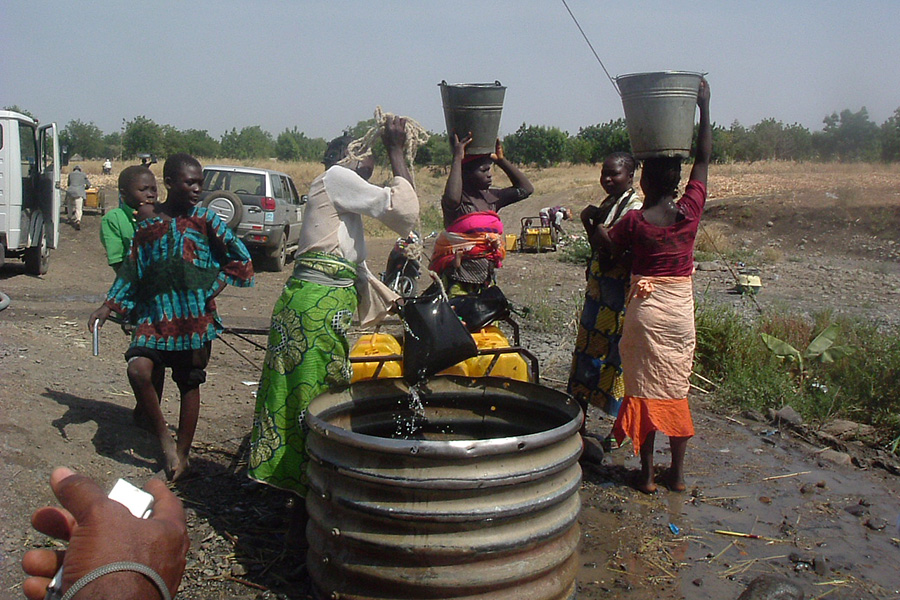Nigeria—Water Supply and Sanitation Sector Reform Programme Phase III (WSSSRPIII)
Client: European Union
Duration: 2014-2021
Region: Sub-Saharan Africa
Country: Nigeria
Solutions: Environment
Nigeria is the largest country in Africa, where 2,100 children under the age of 5 die every day from diseases easily preventable with better hygiene, improved sanitation, and access to clean drinking water. It is a paradox that even in states with an abundance of water resources, and access to water and sanitation remains very poor. The average water service delivery is only 32 litres per capita per day in urban areas and 10 litres in small towns and rural areas, while the quality is in most cases suspect.
The Water Supply and Sanitation Sector Reform Programme Phase III (WSSSRPIII) worked to solve this problem by contributing to poverty reduction, sustainable development, and to the achievement of the water and sanitation-related Millennium Development Goals, in three states—Adamawa, Ekiti, and Plateau. Our team worked to improve water governance and institutional capacity for increased access to safe, adequate and sustainable water, and sanitation and hygiene services.
The territory covered by the project is home to more than 10 million people who benefited from this project. The main beneficiaries were people living in densely populated areas, peri-urban areas, small towns, and villages with no sustainable access to safe drinking water and basic sanitation.

Sample Activities
- Improve the institutional, policy, legal, and financial frameworks that provide consumers with clean water and sanitation.
- Increase coordination and cooperation related to water management.
- Boost sector funding through private sector involvement and other methods.
- Enhance the role of civil society organizations in the planning, budgeting, provision, and monitoring and evaluation of water and sanitation services.
Select Results
- Conducted a desk review of the state’s water policy and law and other national documents in the three states.
- Managed contracts for the construction and rehabilitation of water supply schemes and water supply facilities in line with European Union rules and best international practices.
- Conducted surveys and studies for commercializing water service provision in the three states.
- Developed an institutional model and guidelines for economic regulation of water services.
- Drafted a Water Master Plan, reflecting strategies for the commercialization of water services.
- Sensitized, mobilized, and kept communities informed about the ongoing rehabilitation waterworks in the 40 small towns.
- Supported the Ekiti State Governor in approving the Sanitation Roadmap for the Eradication of Open Defecation/Open Defecation Free in Ekiti State by 2022 by providing input in the review and fine-tuning the strategic document.
- Facilitated increases in sanitation facility construction in all three states.
- Helped establish environmental health clubs in public primary schools in selected small towns.
RELATED CONTENT:
Worldwide—Climate Finance Accelerator 2 (CFA 2)
The Climate Finance Accelerator 2 (CFA 2) is the second phase of a technical assistance program that brings together project proponents, investors, and policy makers to increase flows of climate finance.
Read More